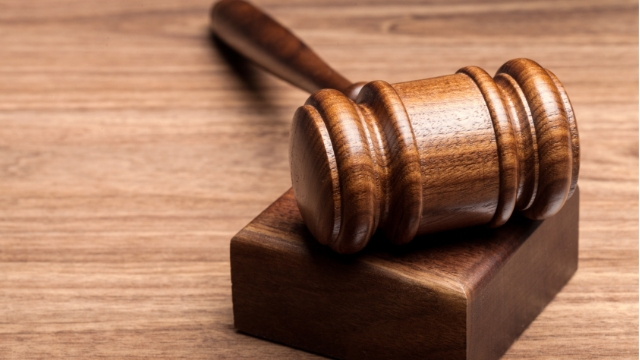Mental Health Review Tribunal proceedings
Victims of forensic patients will be given a stronger voice during Mental Health Review Tribunal (MHRT) proceedings after new laws were introduced on 4 February 2019.
The new laws enable victims to make submissions detailing the impact that the release of a forensic patient would have on their health and wellbeing.
The laws seek to extend victims’ rights while still maintaining fairness to people suffering from cognitive or mental health impairment.
What is a forensic patient?
A forensic patient is a person who has been found unfit to be tried for an offence or has been found not guilty of an offence by reason of mental illness.
Forensic patients are usually detained in a mental health facility or a correctional centre.
Tribunal hearings
If a person is found unfit to stand trial for an offence, it is the role of the MHRT to determine whether the person is likely to become fit to be tried within the next 12 months. The Tribunal may make an assessment as to whether the person is suffering from a mental illness or mental condition that can be treated in a hospital. It will also provide the Court with recommendations relating to the person’s care and treatment.
If a person has been found not guilty by reason of mental illness, it is the role of the Tribunal to make an order relating to the person’s detention, care and treatment. The Tribunal may allow the patient to be released (either conditionally or unconditionally), if it is satisfied that neither the patient nor the public will be endangered. A person will remain a forensic patient until they are unconditionally released.
Forensic patients are reviewed by the MHRT on a regular basis, usually every six months.
Fitness hearings
It is a fundamental principle of the criminal justice system that trials must be conducted fairly. Minimum standards have been established to safeguard an individual’s right to a fair trial.
An important aspect of a fair trial is that an accused has the capacity to understand the nature of the proceedings and is in a fit state to participate and defend themselves.
The leading case on fitness to stand for trial is R v Presser, which established ‘The Presser Test’. The Presser Test provides a framework to determine whether an individual is fit to stand trial. According to the test, the minimum standards of involvement in a trial require the accused to be able to:
- Understand what they have been charged with
- Plead to the charge or exercise their right to challenge the charge
- Understand the general nature of the proceedings
- Follow the course of the proceedings and understand what is going on (in a general sense)
- Understand the consequences that may arise as a result of the evidence that may be presented against them
- Respond to the charge and instruct counsel (by possessing an ability to recount their version of the facts).
Consideration of the minimum standards outlined above will be made with reference to the accused’s capacity immediately prior to the trial, whilst also having regard to the condition the accused as likely to be in during the course of the trial.
Key Takeaways
- New laws introduced on 4 February 2019 strengthen the voice of victims in Mental Health Review Tribunal (MHRT) proceedings for forensic patients in NSW.
- Victims can now make submissions about the impact of a forensic patient's release on their health and well-being.
- These laws aim to balance extending victims' rights with the fairness towards individuals with cognitive or mental health impairments.
- The establishment of a Specialist Victims Support Service (SVSS) provides comprehensive support to victims, including informing about case developments and assisting in preparing submissions.
The new laws
The new laws empower victims to participate in proceedings by making submissions to the Tribunal. As part of their submissions, victims may suggest that the MHRT impose certain conditions on the patients. These conditions may include prohibiting patients from visiting specific locations or interacting with particular people.
A Specialist Victims Support Service (SVSS) has been set up alongside the reforms. The SVSS will assist victims by providing the following:
- A victims register dedicated to keeping victims (and their families) informed about key hearing dates and developments in the case
- A private room to allow victims to view the MHRT proceedings via videolink
- Support in preparing submission and victim impact statements
- General support, including counselling and crisis support.
Our lawyers have experience appearing in the Mental Health Review Tribunal and for Defendants in Fitness Hearings. If you, or a loved one, needs advice or representation please contact Hamilton Janke Lawyers 24 hours a day, 7 days a week on 4038 1666 (office hours) or 0422 050 502 (24/7).
Written By

James Janke
James Janke is founding partner at Hamilton Janke Lawyers, and has more then decade of experience as a Criminal Defence Lawyer. Admitted to both the Supreme Court of New South Wales and High Court of Australia




